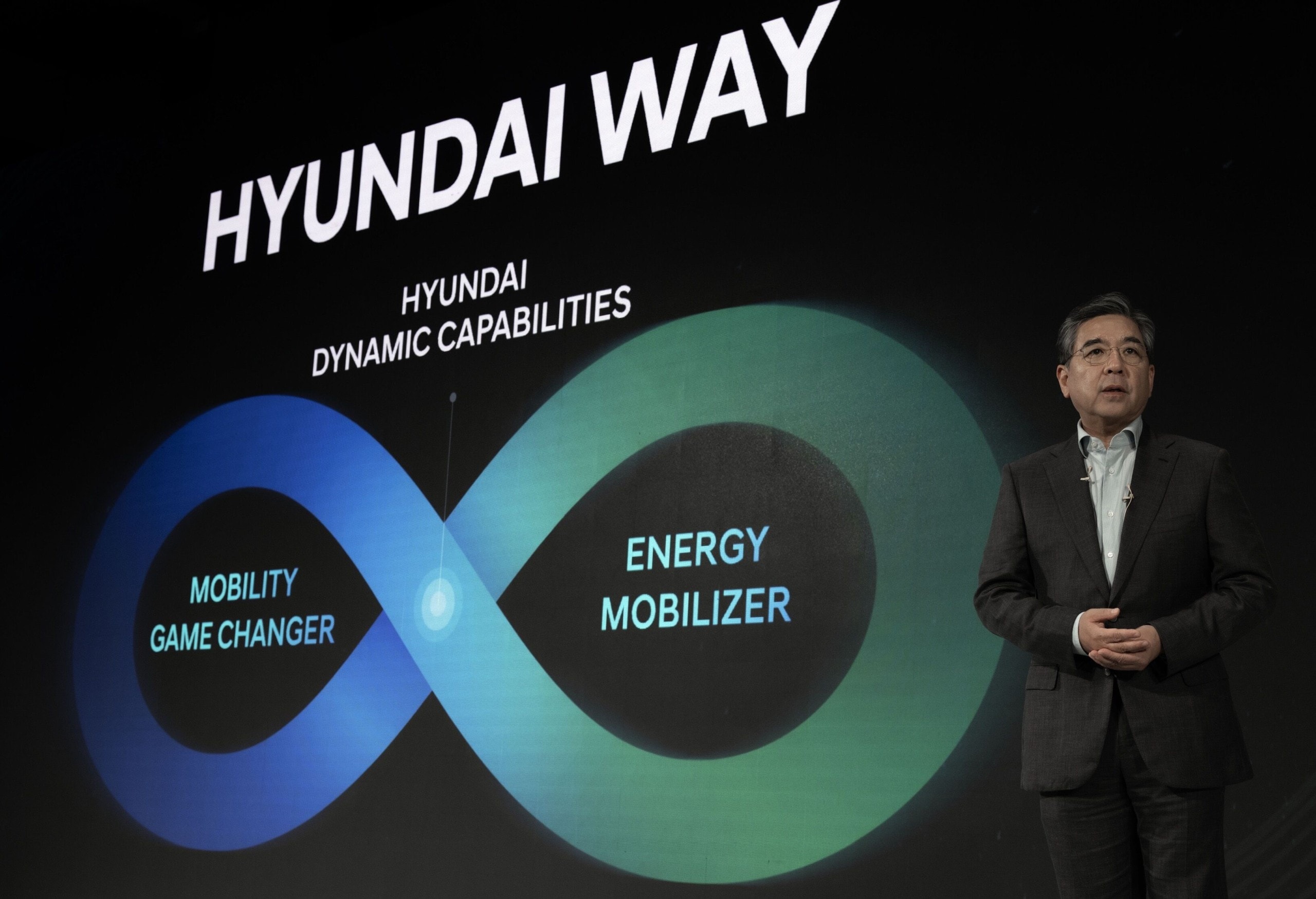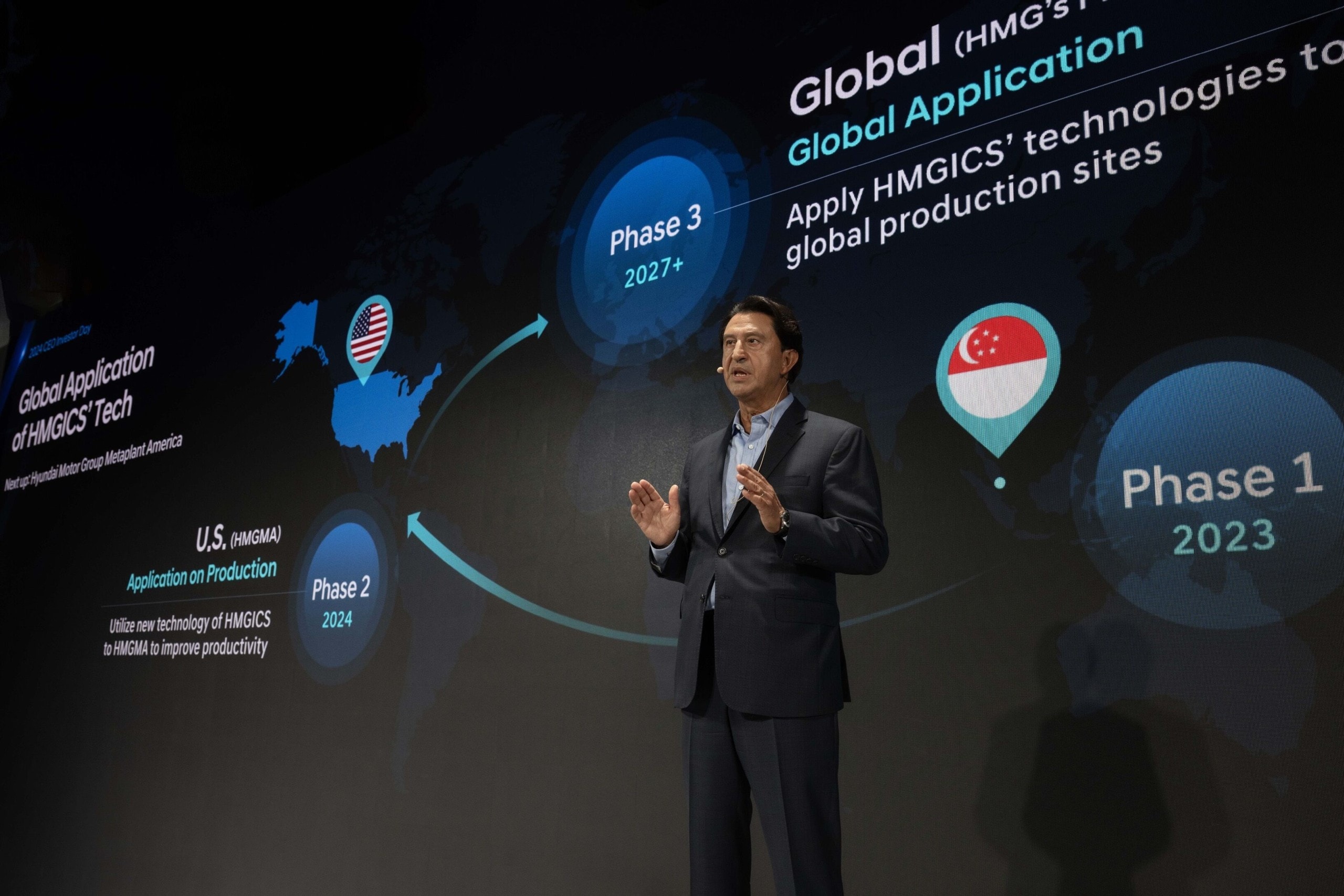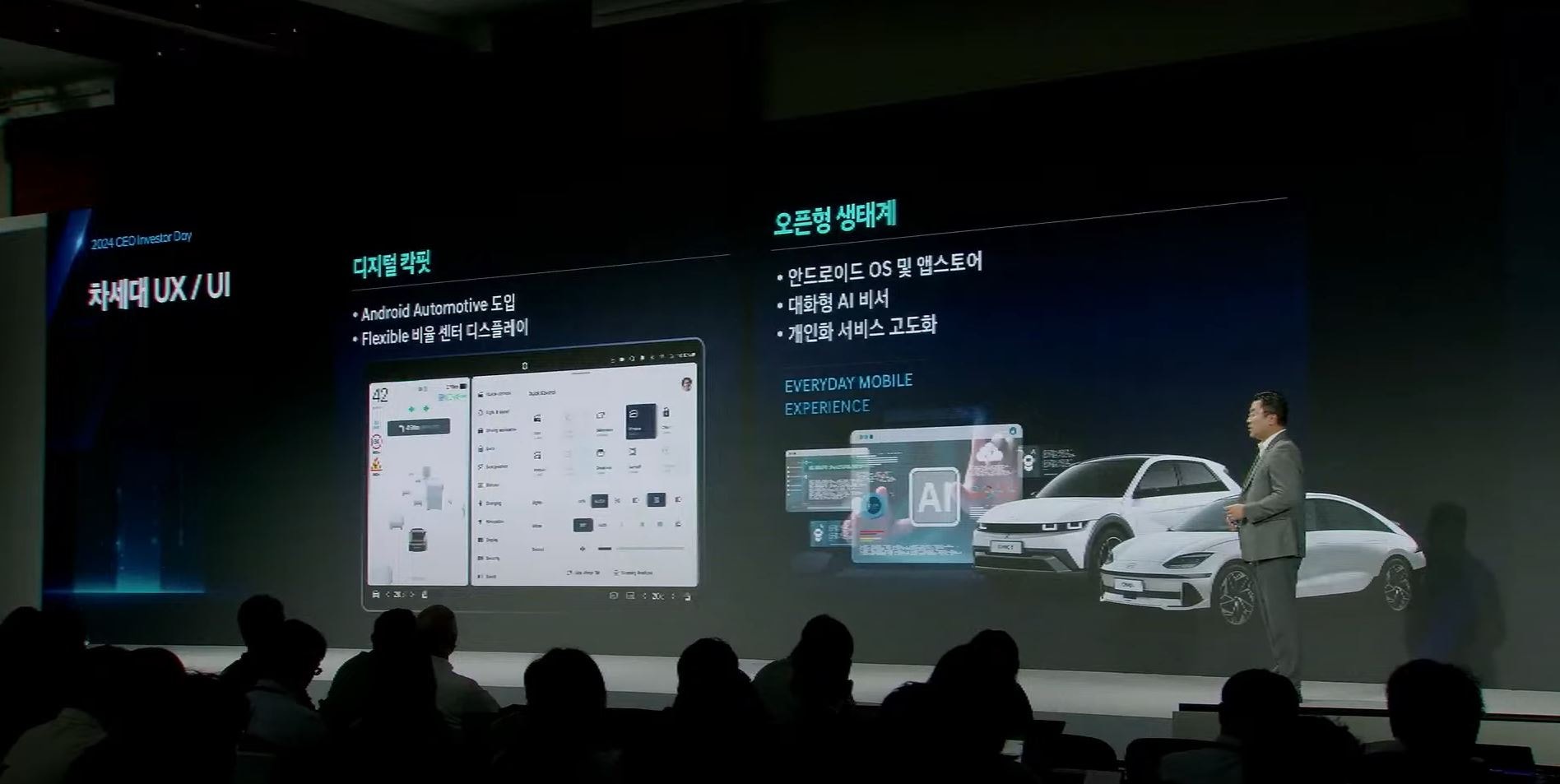Hyundai’s recent announcement regarding a shift towards hybrid and electric vehicles, while noteworthy, doesn’t necessarily indicate a complete abandonment of pure electric models. The Ioniq 5 N, a high-performance EV that seamlessly blends electric power with a simulated driving experience, serves as a testament to their innovative approach.
This model demonstrates Hyundai’s ability to create electric vehicles that not only offer exceptional performance but also cater to the desires of drivers seeking a more traditional driving feel.
Beyond the powertrain, Hyundai’s focus on revamping its infotainment system signals a potential move towards a more connected and user-friendly driving experience, similar to what Tesla has achieved.

This aligns with the broader industry trend towards integrating advanced technology into vehicles. By investing in a more intuitive and feature-rich infotainment system, Hyundai aims to enhance the driving experience for its customers and stay competitive in the evolving automotive world.
At the recent CEO Investor Day, Hyundai revealed a groundbreaking touchscreen interface that closely resembles Tesla’s signature design. The new display, reminiscent of the Model 3 and Model Y’s, features a left-side grouping of essential information like speed, battery level, traffic signs, hazards, and surrounding vehicles.
This suggests a potential move away from traditional instrument clusters in future Hyundai models. While the interface is similar to Tesla’s, Hyundai’s system is powered by Android Automotive, an open-source platform developed with Volvo and Audi.

This allows for the integration of Google apps like Maps, Play, and Assistant, but also grants carmakers the flexibility to avoid Google’s products entirely. Hyundai has indicated plans to create its marketplace, offering optional features and connectivity services for an additional fee.
Following the trend set by Rivian and VW, Hyundai is exploring the integration of advanced language models, or AI, into its infotainment system. While the specific AI provider remains unclear, the potential for a ChatGPT-like virtual assistant could enhance user experience and functionality.

